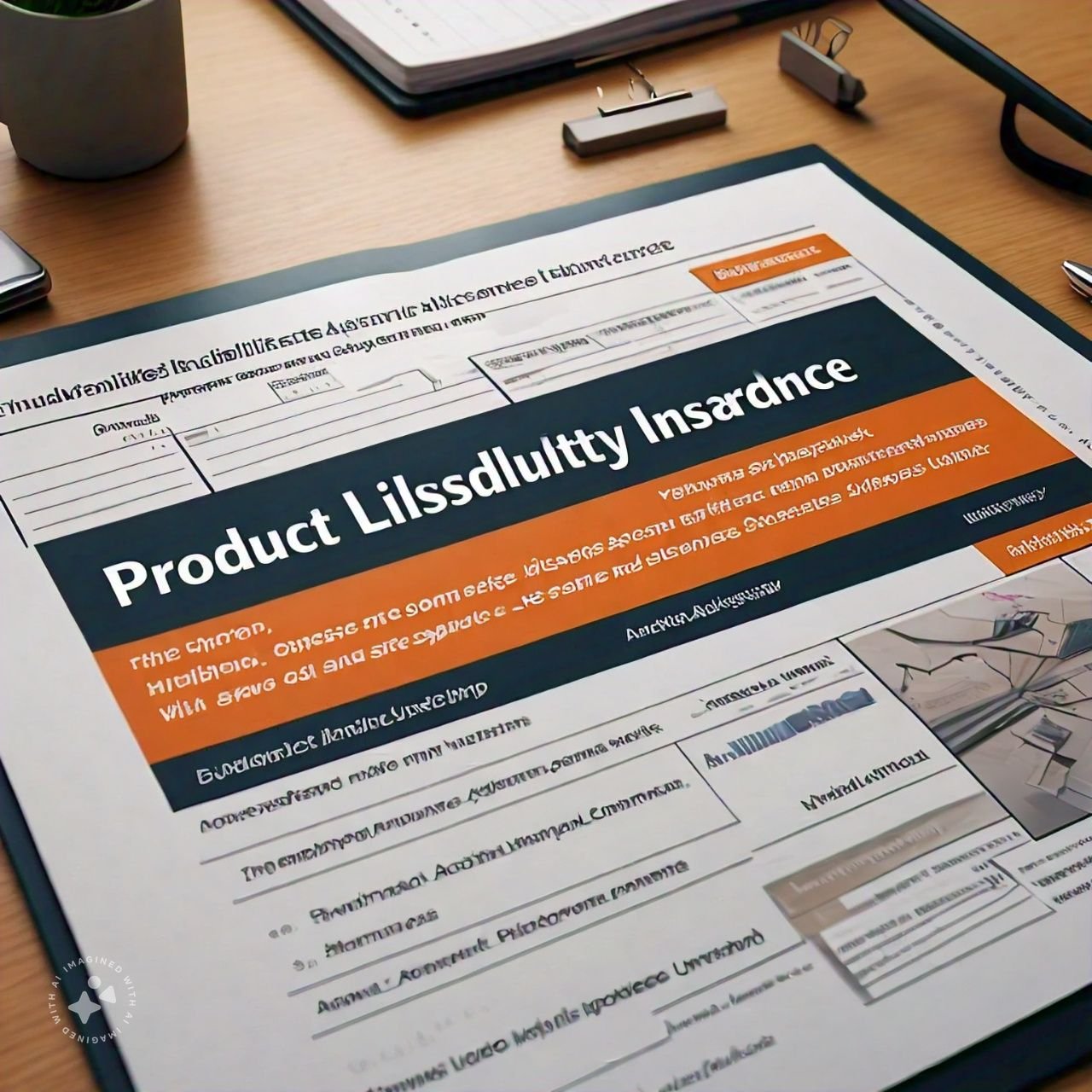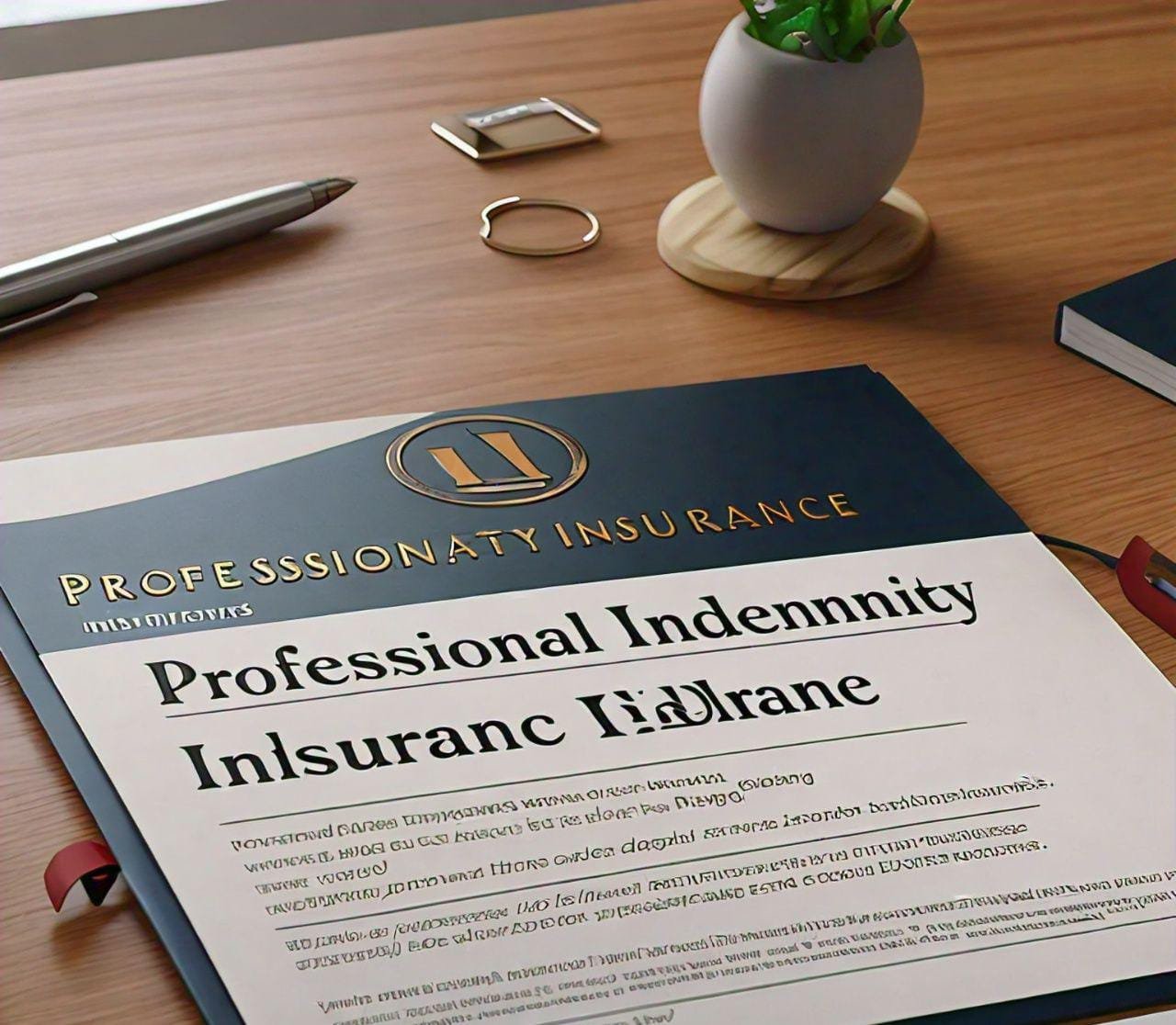Earthquake Insurance: Understanding the Risks and Benefits
Earthquakes can be devastating natural disasters that can cause significant damage to properties and disrupt lives. While earthquakes are unpredictable, having earthquake insurance can provide financial protection and peace of mind for homeowners. In this article, we will explore the risks and benefits of earthquake insurance, and why it’s essential for homeowners living in earthquake-prone areas.
What is Earthquake Insurance?
Earthquake insurance is a type of insurance policy that provides financial protection against earthquake-related damages to a property. It covers the cost of repairs, rebuilding, or replacement of a home, as well as personal belongings, in the event of an earthquake. Earthquake insurance policies typically cover damage caused by the shaking of the earth, as well as other related events such as landslides, mudslides, and tsunamis.
Why Do I Need Earthquake Insurance?
Earthquakes may strike without warning, and the consequences can be disastrous. Even if you reside in an earthquake-prone location, you should keep the possible dangers and effects in mind. Here are a few reasons why you should get earthquake insurance:
- Financial Protection:Earthquake insurance protects you financially against the costs of repairing, rebuilding, or replacing your house and personal items.
- Peace of Mind: Having earthquake insurance can give you peace of mind, knowing that you’re prepared for the unexpected.
- Government Assistance: In the event of an earthquake, government assistance may be limited, and earthquake insurance can help bridge the gap.
- Mortgage Requirements: Some mortgage lenders may require earthquake insurance as a condition of the loan.
What Does Earthquake Insurance Cover?
Earthquake insurance policies typically cover the following:
- Dwelling Coverage: Covers the cost of repairs or rebuilding of your home.
- Personal Property Coverage: Covers the cost of replacing or repairing personal belongings, such as furniture, appliances, and clothing.
- Additional Living Expenses: Covers the cost of temporary housing, food, and other living expenses if you’re unable to live in your home.
- Landscaping and Outdoor Structures: Covers the cost of repairing or replacing outdoor structures, such as fences, decks, and swimming pools.
How Much Does Earthquake Insurance Cost?
The cost of earthquake insurance depends on various factors, including:
- Location: Homes located in high-risk earthquake areas will have higher premiums.
- Value of the Home: The value of the home and personal belongings will impact the premium.
- Deductible: The deductible amount will affect the premium.
- Policy Limits: The policy limits will impact the premium.
Tips for Buying Earthquake Insurance
Here are some tips for buying earthquake insurance:
- Shop Around: Compare rates and policies from different insurance providers.
- Understand the Policy: Make sure you understand what’s covered and what’s not.
- Choose the Right Deductible: Select a deductible that you can afford.
- Consider a Higher Policy Limit: Consider a higher policy limit to ensure you have adequate coverage.
Conclusion
Earthquake insurance is an essential investment for homeowners living in earthquake-prone areas. While it may seem like an additional expense, the financial protection and peace of mind it provides can be invaluable. By understanding the risks and benefits of earthquake insurance, you can make informed decisions about your insurance needs. Remember to shop around, understand the policy, and choose the right deductible to ensure you have adequate coverage.










